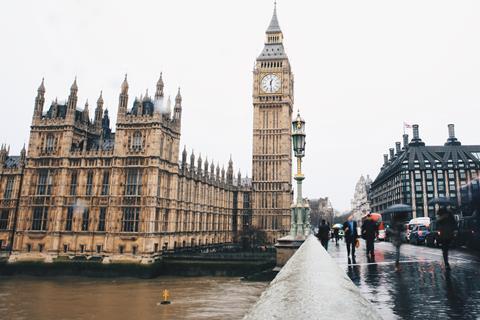
Government hopes of breaking the Brexit deadlock have been dashed, amid calls for further scrutiny on the potential costs to food and drink companies of Boris Johnson’s controversial proposals for Northern Ireland.
Yesterday MPs refused to back the PM’s timetable to try to pass his Brexit withdrawal bill by the end of this week, to allow the UK to leave the EU on 31 October, despite MPs backing a second reading of the deal.
It left the government’s plans in limbo, with the EU expected to grant a further extension to lift the threat of a no-deal Brexit amid renewed speculation of a general election.
The FDF welcomed the delay, saying it believed Johnson’s proposals “required further scrutiny”.
The federation had urged MPs not to “sleepwalk” into a disastrous deal, with CEO Ian Wright having described the proposals as worse than Theresa May’s deal.
“In our view, when compared with the deal secured by Theresa May, this deal represents a backward step in terms of securing frictionless trade with the EU,” said Wright.
However, with all eyes now on the EU and whether - and for how long - it will grant an extension to the Brexit process, retail leaders warned the continuing uncertainty was having a damaging impact on companies.
#GettingBrexitDone won’t put an end to upheaval for food & drink
“Recent events in parliament mean the ongoing threat of a chaotic no-deal Brexit continues to bear down on retailers, weakening consumer demand and creating unnecessary costs that would be better spent improving value for customers,” said a BRC spokesman.
“Retailers would welcome a deal that provided greater clarity as we approach the important Christmas trading period. Retailers have already spent hundreds of millions preparing for a potential no-deal Brexit and every passing day represents additional time and money which could be better spent improving customer experience and delivering the best possible value for shoppers.”
Before yesterday’s votes, the government published an impact assessment setting out the potential costs to food and drink companies of the so-called Northern Ireland protocol agreed in talks with the EU last week.
The assessment confirmed agrifood goods moving from Great Britain to Northern Ireland would be subject to checks, including identity, documentary and physical checks by UK authorities under the proposed withdrawal bill.
‘There will be additional documentation required on all agrifood goods moving from Great Britain to Northern Ireland to ensure they comply with the necessary regulations,’ said the document.
’These processes would introduce additional costs, both from one-off familiarisation and ongoing compliance, to businesses compared to current arrangements.
‘These could include export health certificates (EHCs) for products of animal origin (POAO), fish and live animals; and phytosanitary certificates (PCs) for plants,’ it added.
‘This would result in an additional administrative cost to businesses moving goods between Great Britain and Northern Ireland.’
The CBI said an immediate extension from the EU was now “vital” for businesses. “To refuse it would be an act of great economic harm,” said director general Carolyn Fairbairn. “Politicians must then work together to find a way through this enduring mess.”







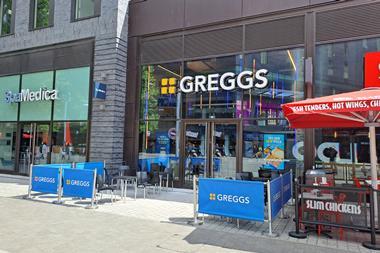
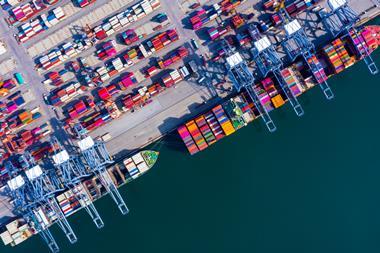



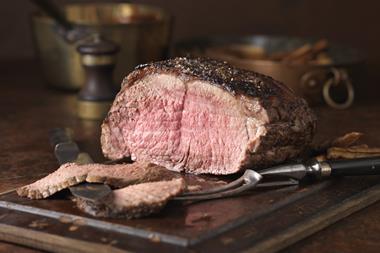


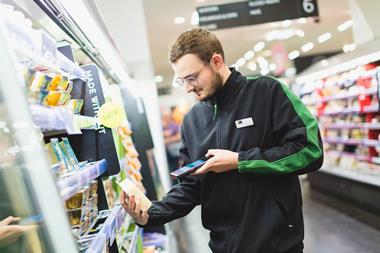


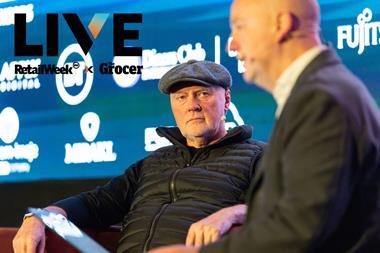
No comments yet